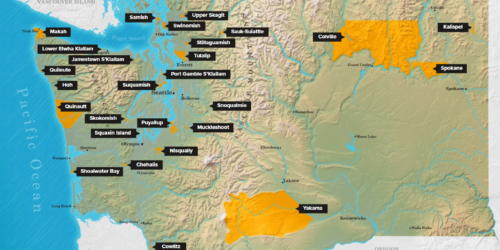July Virtual Display: 30th Anniversary of the Americans with Disabilities Act
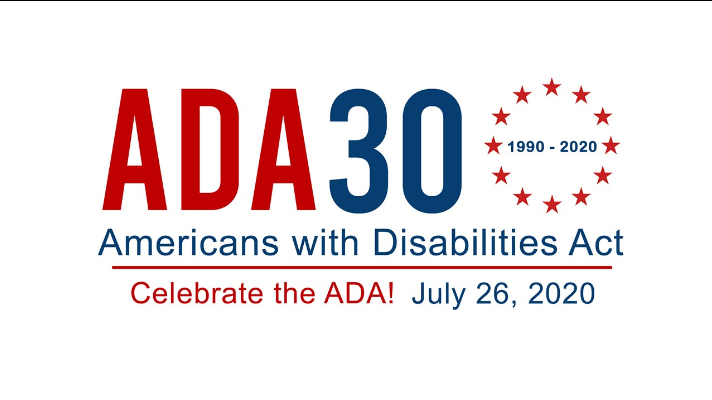
This month marks the 30th anniversary of the signing of the Americans with Disabilities Act. This civil rights law provides protection from discrimination to people with disabilities throughout many avenues of public life including employment, education, transportation, and public services (“Introduction to the ADA” ada.gov).
To learn more, please enjoy the following resources from Clark College Libraries and the open web. To access ebooks, click the link next to “Get It Now At:” and sign in with your lab username and password. Some may have a link at the top of the page that says “Check for full text” instead. Non-Clark Libraries resources do not require a Clark Labs account.
ebooks from Clark College Libraries
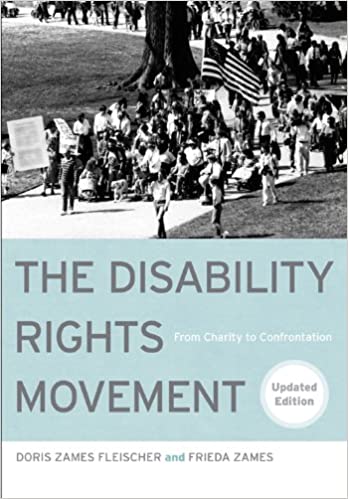 |
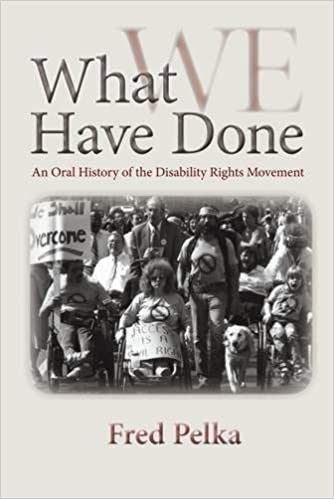
What We Have Done: An Oral History of the Disability Rights Movement by Fred Pelka |
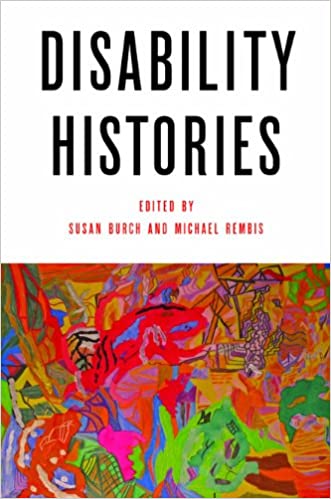
Disability Histories edited by Susan Burch and Michael Rembis |
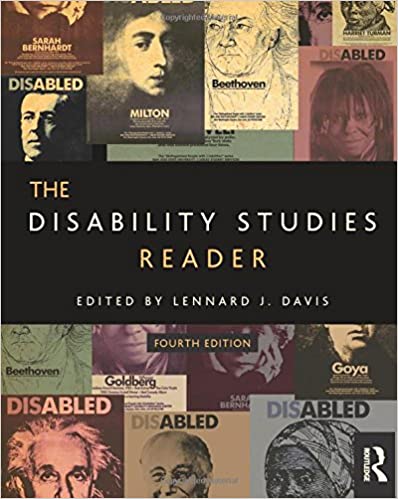
|
Outside Resources
Articles
The ADA Is Not Bush Sr.’s Legacy. It Belongs to Disability Activists.
“Although Bush did indeed go on to fully support and sign the ADA in 1990, it is an injustice to the decades of activist work by thousands, working in groups and coalitions, and especially by disabled people themselves, to suggest that Bush was responsible for the legislation. We need to resist this retelling of disability history.”
28 Disabled Leaders You Should Be Following on Twitter
“We know this list is FAR from inclusive, so who are we missing? Feel free to tag them in the comments.”
A Brief History of The Americans with Disabilities Act (ADA)
“The ADA was created with the intent of providing quality of opportunity, full participation, independent living, and economic self-sufficiency for people with disabilities. It’s important to celebrate how far we’ve come, but there’s still work to do in terms of creating a truly inclusive world.”
I am Disabled: On Identity-First Versus People-First Language
“Identity-first language is founded upon the idea of the social model of disability. In a nutshell, the social model says that though our impairments (our diagnostic, medical conditions) may limit us in some ways, it is the inaccessibility of society that actually disables us and renders us unable to function. The most basic example is wheelchair accessibility. If I am using my wheelchair and I can’t go to a restaurant because it doesn’t have a ramp, am I disabled by my cerebral palsy or am I disabled by the inaccessibility of the restaurant?”
IFL vs. PFL: my preference – zipporah arielle
“One of the major arguments I’ve seen against identity-first language is that it “defines people” by their disability. Yes, it does! That is how adjectives work. And that is okay! Because the thing it is defining people as is not a bad thing. I repeat: disabled is not a bad thing. To paraphrase my friend Imani Barbarin’s former twitter bio, “if you don’t see my disabledness, you don’t see me”. It’s okay to be disabled.”
The Sometimes Hard-To-See Line Between Visible and Invisible Disabilities: “This Is What Disabled…
“The false dichotomy between visible and invisible disabilities ultimately goes back to an ableist society’s narrow, contrived image of Disabled™. So many of us in the chronic illness and disability communities are painfully familiar with the phrase “you don’t look sick” or “you don’t look disabled.” There are many reasons why this is a thoughtless, obnoxious, senseless thing to say — but not the least of which of these reasons is that the idea of “looking sick” or “looking disabled” itself is fatphobic, ableist, racist, and completely, totally, and utterly baseless.”
AIL |Actions to Take
“There is so much people can do when it comes to accessibility! For some of you, this may be the beginning of thinking more intentionally and expansively about accessibility, while for others this may be an opportunity to deepen your understanding of access (see #10 in our list below) or share more about it with the people in your life.”
ADA 30 In Color
“#ADA30InColor: a series of original essays on the past, present, and future of disability rights and justice by disabled BIPOC (Black, Indigenous, People of Color) writers. Published and edited by Alice Wong, Disability Visibility Project. Project Coordinator, Andraéa LaVant. Plain language summaries, Finn Gardiner. Audio narration, Alejandra Ospina.”
Websites
- ADA Anniversary Tool Kit: ADA 30 – Celebrate. Learn. Share.
- Rooted in Rights: Home
- Crip Camp | A Disability Revolution
- Disability Visibility Project – “Creating, sharing, and amplifying disability media and culture”
Featured Image Photo Credit: https://adata.org/ada-anniversary
